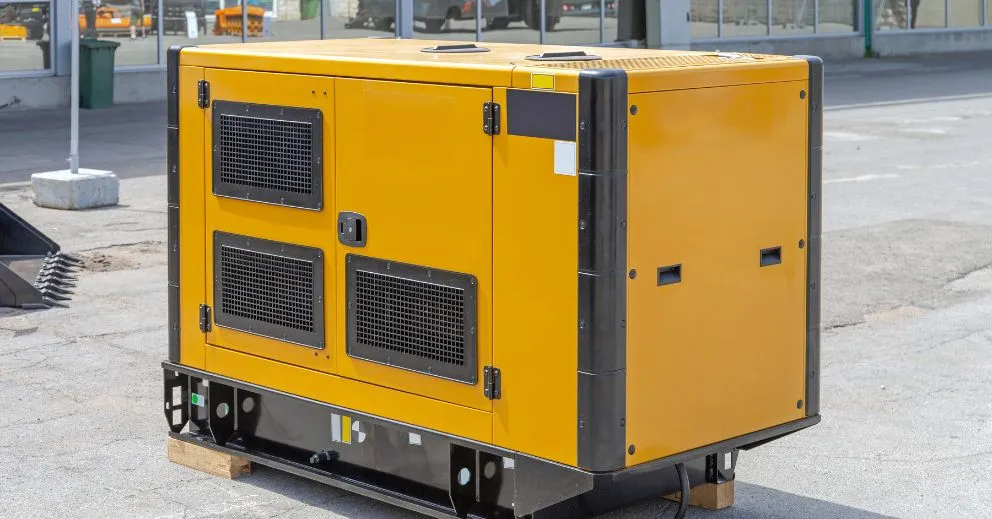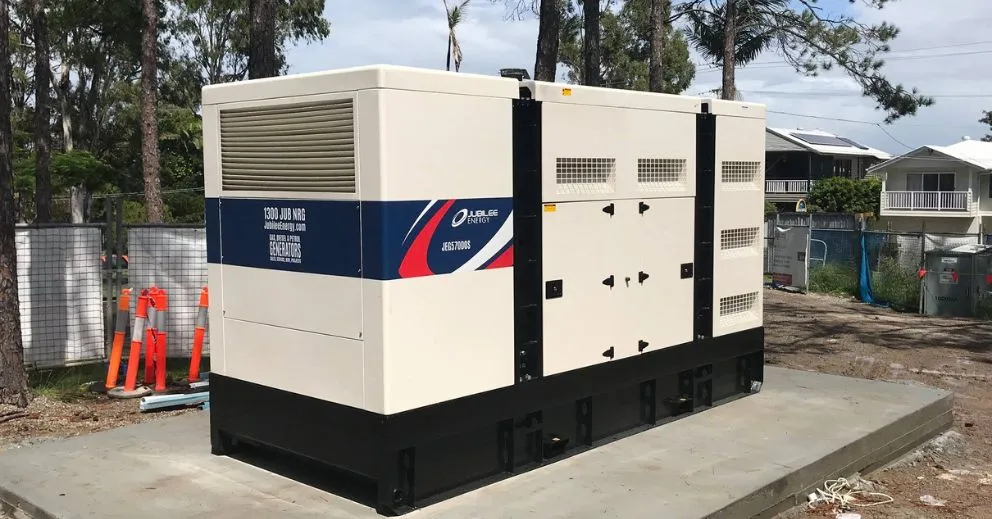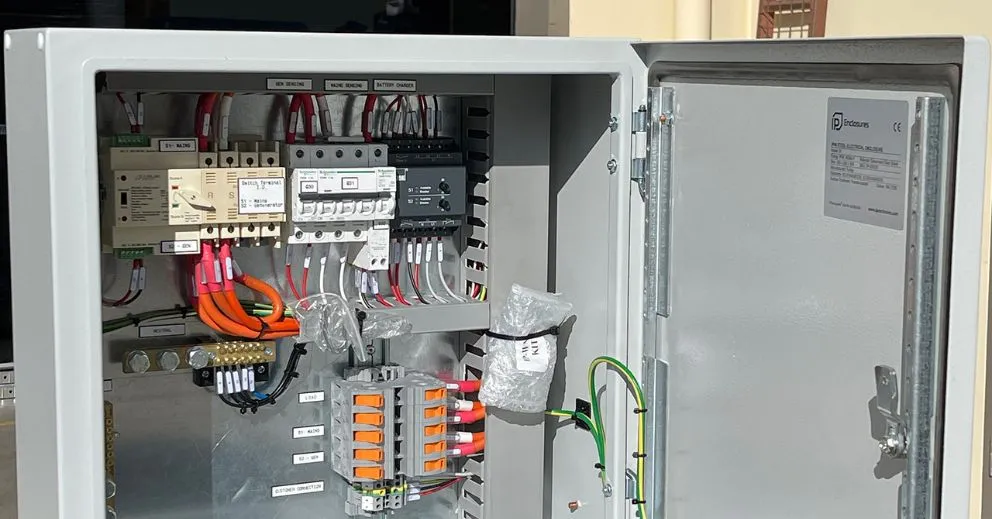Gas generators are a popular choice for powering homes, businesses, and worksites during blackouts or in off-grid locations. But like any piece of equipment, they come with their advantages and limitations.
In this blog, we’ll explore the pros and cons of gas-powered generators so you can decide whether it’s the right fit for your energy needs.
Summary: Gas generators are widely used due to their reliability, affordability, and ease of use. They’re a common solution for backup power during outages and a go-to option for outdoor or remote applications. However, they do have downsides including ongoing fuel costs, emissions, and noise levels. Understanding the pros and cons of gas generators helps you make a smart decision when investing in a backup power source.
What Is a Gas Generator?
A gas generator is a device that converts fuel (usually petrol or natural gas) into electricity. It’s commonly used for:
- Emergency power during outages
- Powering worksites or tools
- Off-grid living
- Outdoor events or mobile businesses
There are different sizes and capacities depending on your needs, from small portable units to large standby models.
Pros of Gas Generators
1. Affordable and Readily Available
Gas-powered generators are often cheaper upfront than diesel or solar alternatives. Petrol and LPG are also easy to find, especially in urban or suburban areas.
2. Portable Options
Many gas generators are lightweight and compact, making them ideal for camping, outdoor events, or tradie jobs on the go.
3. Quick to Start
Gas generators start up fast and can provide immediate power when you need it most, great for emergencies or spontaneous power needs.
4. Lower Emissions (LPG Models)
LPG (liquefied petroleum gas) generators tend to produce fewer emissions compared to diesel options, making them a more environmentally friendly choice.
5. Easier Maintenance
Compared to diesel models, gas generators often require less maintenance. Spark plugs and air filters are typically straightforward to replace or clean.
Cons of Gas Generators
1. Ongoing Fuel Costs
While the generator may be affordable upfront, the cost of petrol or gas over time can add up, especially if you use it frequently.
2. Shorter Runtime
Gas generators generally have smaller fuel tanks, meaning they need to be refilled more often. This can be a hassle for extended use.
3. Noise Levels
Some gas generators can be loud, especially older or cheaper models. This may not be ideal in quiet neighbourhoods or residential areas.
4. Not Ideal for Heavy-Duty Use
For large commercial operations or high-demand equipment, diesel or industrial-grade generators may be better suited.
5. Fuel Storage and Safety
Petrol and LPG are flammable and must be stored safely. You’ll also need to be mindful of ventilation to prevent fumes from building up.
Not Sure What Generator You Need? Let’s Talk.
Whether you’re after a portable gas unit or a standby generator for your home or business, Jubilee Energy can help you find the perfect fit. We provide expert advice and servicing across Queensland and beyond.
Contact Jubilee Energy today to speak with a local expert and power your property with confidence.
Key Takeaways
- Gas generators are affordable, portable, and easy to use. Great for light to medium backup power needs.
- Downsides include higher fuel costs, noise, and shorter runtime.
- LPG models are a cleaner choice, while petrol generators are common and widely available.
- For long-term or industrial use, consider diesel alternatives.
FAQ: Pros and Cons of Gas Generators
Are gas generators safe for indoor use?
No. Gas generators should always be used outdoors or in well-ventilated areas to avoid carbon monoxide buildup.
How long will a gas generator run on a full tank?
It depends on the size of the tank and the load, but most portable units run 4 to 10 hours on a single tank of fuel.
Can I connect a gas generator to my house?
Yes, but only with the correct setup and safety switches. Always use a licensed electrician to connect a generator to your home.
Is LPG better than petrol for generators?
LPG burns cleaner and may be more cost-effective long-term, but petrol is often easier to find and cheaper upfront.
More insights from us
Discover the latest in power generation technology.





